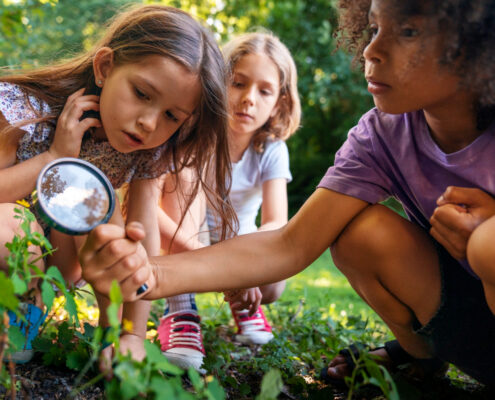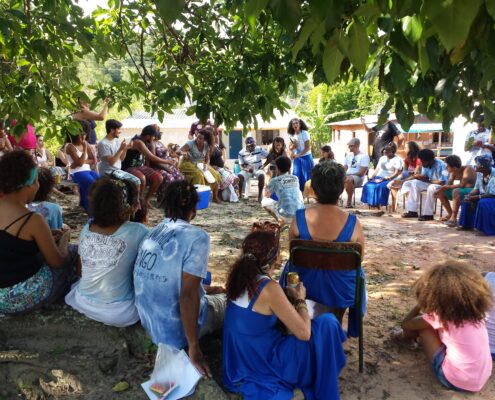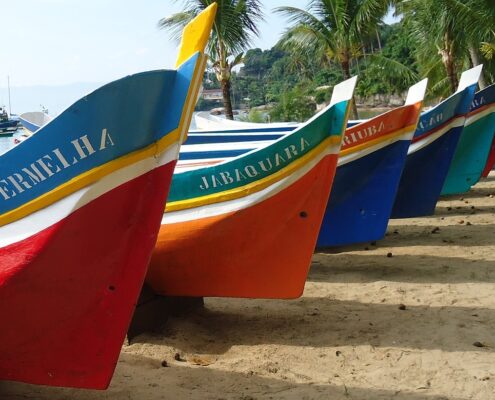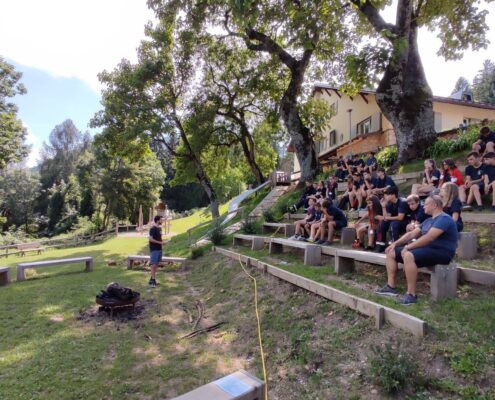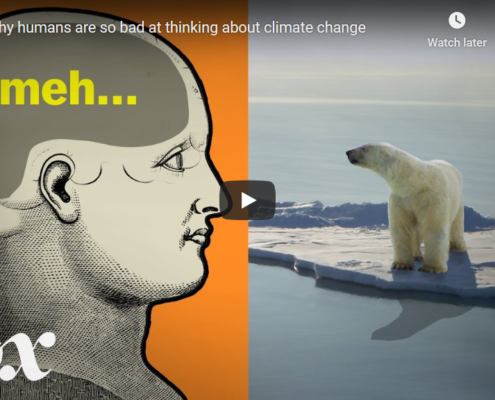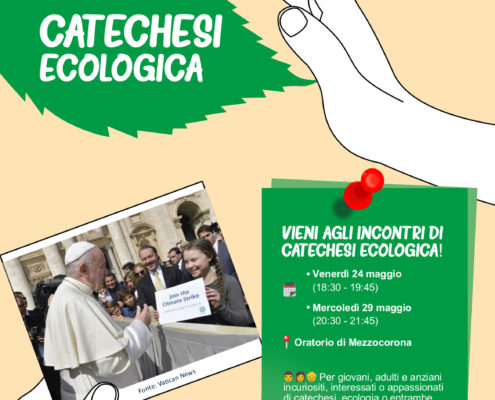 https://greenmarked.it/wp-content/uploads/2024/07/FiumeAdige_SanMichele_HydroPodComics-scaled.jpg
1262
2560
Barbara Centis
https://greenmarked.it/wp-content/uploads/2022/01/LOGO-GREENMARKED-SITO-600x600.png
Barbara Centis2024-07-04 20:05:172024-07-05 19:12:51“Tomorrow Belongs to Those Who Are Preparing to Face It Today” (Malcom X)
https://greenmarked.it/wp-content/uploads/2024/07/FiumeAdige_SanMichele_HydroPodComics-scaled.jpg
1262
2560
Barbara Centis
https://greenmarked.it/wp-content/uploads/2022/01/LOGO-GREENMARKED-SITO-600x600.png
Barbara Centis2024-07-04 20:05:172024-07-05 19:12:51“Tomorrow Belongs to Those Who Are Preparing to Face It Today” (Malcom X)August 15, 2023
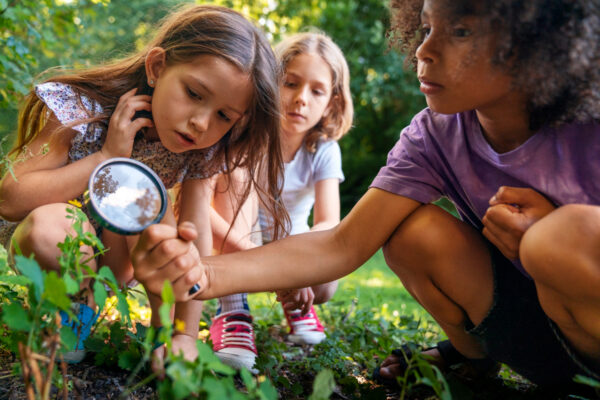
On the 2nd of August of this year, we reached Earth’s Overshoot Day [1]. And what does that mean? Overshoot day is a date set every 1st of January by the Global Footprint Network NGO. They have been working with the Ecological Footprint concept since 2003, and they do these calculi where they estimate the exact date that humanity’s demands consume all the resources that the planet produces over a year. And in 2023, we have already gone through the resources that should last for 12 months, in less than 8.
We have reached a point where now this is just another metric to indicate how badly we as a natural species on an ecosystem – the planet –, are performing. In Ecology, there is a concept called equilibrium dynamics. When the resources have good numbers, their consumers will grow in number. Once a threshold is met, there is no way the consumers can support their high number and we observe a decrease in the quantity of individuals. This allows resources to reach, once again, good numbers. This cycle can be observed in many interactions all over the natural world [2].
Human consumption has been on the rise for so much long that we cannot actually imagine the purpose of our society without it. Even organisms and institutions that claim to be “green” and push for sustainability harder than any other, such as the EU, for example, talk about the need for “decoupling economic growth from resource and energy use” [3]. Already in 1973, known economist Kenneth Boulding answered this claim with his famous quote, “anyone who believes exponential growth can go on forever in a finite world is either a madman or an economist” [4]. Growth, and thus, consumption and consumerism, have limits. There is a threshold. And we are definitely stepping onto it. But we can not conceive a society out of consumerism, or so it seems.
Children have earlier access to technology nowadays. We are observing how generations born immersed into a connected world of purchase and shopping and stimuli. It is seen more clearly in younger people, but other generations are absolutely not free from this damage, nor from the blame of it. There is a disconnection between society and Nature, human and natural are used as antonyms, when the first would not even be able to exist without the latter. But the narrative that has governed the last decades, the one that has risen the latest generation, this author’s included, is none other than the fact that Nature is something foreign to us.
We may live on it, but not really as a part of it. And from this tiny, little, seemingly petty, detail, we have created a whole philosophy, a background in which we have educated and been educated. And if we do not see ourselves as a part of a community with all the natural things, how much can our appreciation for it really go? And without the appreciation, without care for it, without love and respect, how can we really expect everyone to do anything to protect it?
Although the writing is on a first-person basis, there are so many examples of cultures that have a different worldview. On Andean cultures, they treat the mountains, rivers, fresh air, or living animals and plants as if they were part of their family [5]. They have names, and they have to be taken care of, same as it would be done if they were. And they are aware of the limits of the ecosystem. An even more concrete and clear example is the Iroquois community. Long time before the term sustainable development was coined, they already had something called the Seven Generation Principle, by which any decision made today, had to be sustainable for the next seven generations that were to come [6].
The knowledge and the awareness that some communities have, comes in great part because they are used from the very beginning of their lives to be in contact with Nature. And is not that exactly what we need in our lives? The need for introducing technology in classrooms has been widely discussed, even though in Sweden – pioneers in doing so –, are already taking some steps back. The discussion should be less focused on getting technology out, and more on taking the children, out of the classroom. Let them get in touch with their surroundings, and get out of a purely “urban” environment. Let them experiment, and wonder about the little mysteries that Earth has to offer [7]. Designing educational plans more focused on strengthening the human-natural relationships, implementing this way of thinking in the goals, just like – theoretically –, we implement goals such as equality and fairness into the plans. This could lead to a great impact on society.
Once we start perceiving ourselves as a fragment of a greater system, of a family, or a community, whatever term used is not actually that relevant, the worry for its wellbeing will come. And from worry and affection, protection and living respectfully and sustainably with Nature, will come naturally.
Related articles:
References:
[1] Global Footprint Network (2023, 5 July). This year’s Earth Overshoot Day lands on August 2. Retrieved on 7 August 2023, from https://www.overshootday.org/newsroom/press-release-june-2023-english/
[2] Gurney, W., Nisbet, R.M. (1998, April). Ecological dynamics. Oxford University Press. Retrieved on 6 August 2023, from https://pureportal.strath.ac.uk/en/publications/ecological-dynamics/fingerprints/
[3] European Environment Agency (2021, 11 January). Decoupling economic growth from environmental harm. Retrieved on 8 August 2023, from https://www.europarl.europa.eu/RegData/etudes/ATAG/2020/651916/EPRS_ATA(2020)651916_EN.pdf
[4] Demaria, F., (2018, 22 February). Why economic growth is not compatible with environmental Sustainability. Retrieved on 7 August 2023 from https://theecologist.org/2018/feb/22/why-economic-growth-not-compatible-environmental-sustainability
[5] Tempini, A. (2022, March). Traditional Ecological Knowledge in the Peruvian Andes. Retrieved on 5 August from https://nmbu.brage.unit.no/nmbu-xmlui/bitstream/handle/11250/2998693/tempini2022.pdf?sequence=1&isAllowed=y
[6] CBC News (2021, 22 January). How climate action can benefit from Indigenous tradition. Retrieved on 8 August 2023 from https://www.cbc.ca/news/science/what-on-earth-indigenous-seventh-generation-thinking-climate-action-1.5882480
[7] Carson, R. (1998). The sense of wonder. New York, HarperCollins Publishers
Cover- and preview image: Children exploring Nature. Free-source photo from Freepik.

